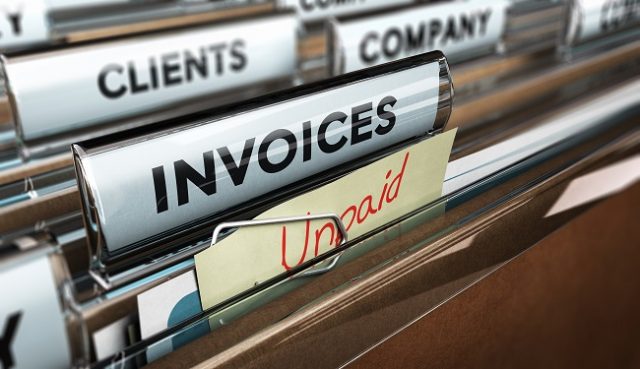
A new survey of self-employed business owners in the UK has revealed the impact that late payments can have on mental health. The survey, conducted by digital payments platform Juno, found that close to 63 per cent of small business owners said that late payments had led to cash flow issues that were causing them anxiety, stress and/or depression.
The report, which surveyed 500 self-employed workers in the UK, also highlighted how the issue of late payments has been exacerbated by the COVID-19 pandemic, with close to 70 per cent of small businesses in the UK saying that they suffered from a serious problem with late payment during the pandemic.
Late payments were found to have put two in ten businesses at risk of closure or bankruptcy and had led one in ten to make or consider making redundancies. Younger self-employed people were most impacted, with 78 per cent of small business owners aged 21-30 citing negative mental health effects from late payment.
The survey found that self-employed business owners in the legal, manufacturing and retail sectors were worst-affected. Other findings included that 68 per cent of all UK businesses suffer from late payment, while 62 per cent said that they spend time chasing payments that should be spent focusing on new clients or projects, negatively impacting their growth.
Pete Bailey, Juno Co-founder and Chief Product Officer, said: “The problem of late payments has been around for a while but that does not mean that we should accept it. Businesses are facing a crippling crisis caused by a culture of late payments which continues to have a negative impact on their cash flow, ability to focus on growth as well as mental health and wellbeing.”








